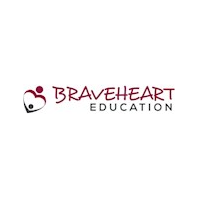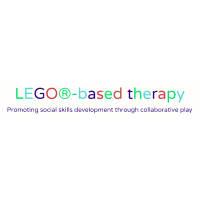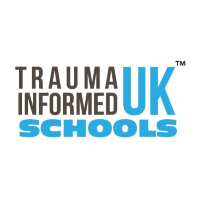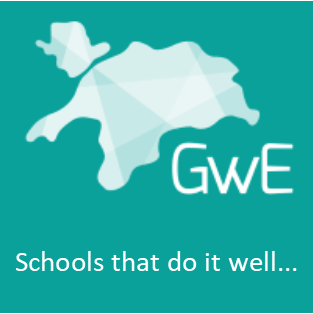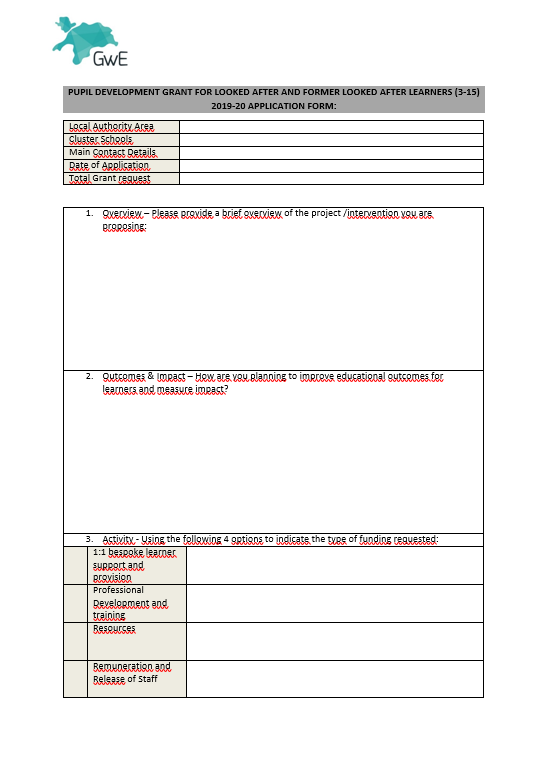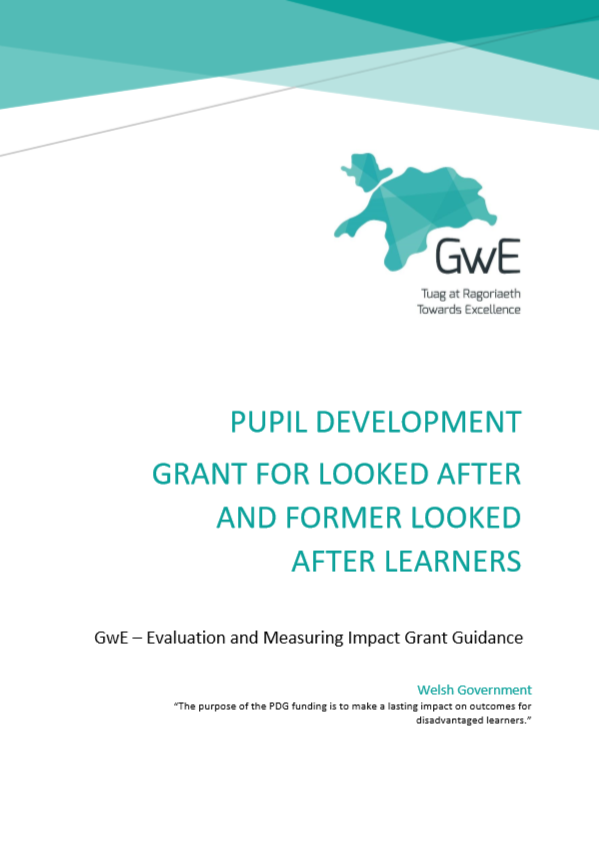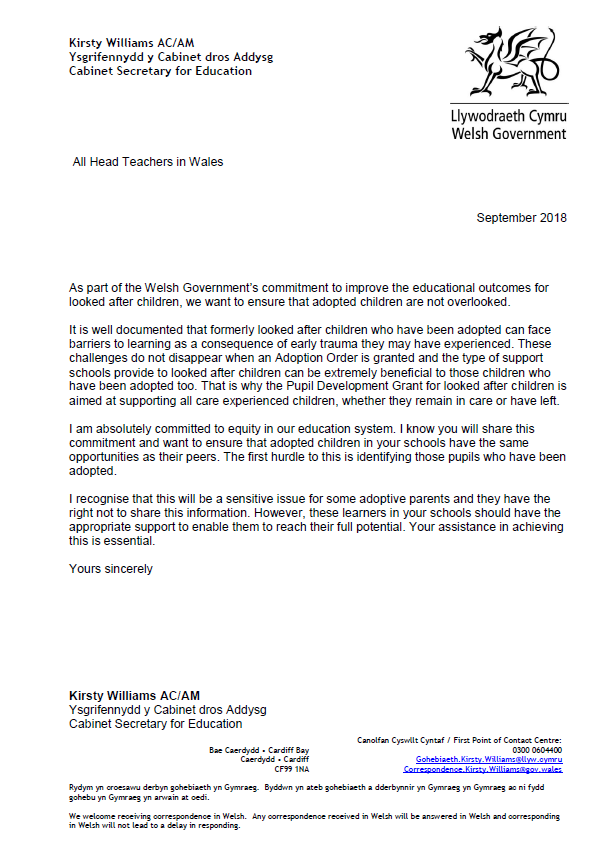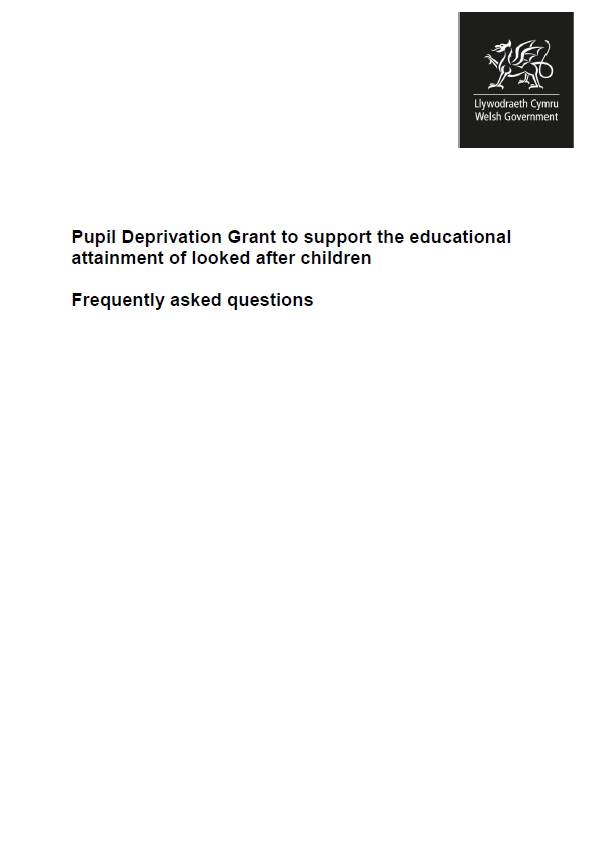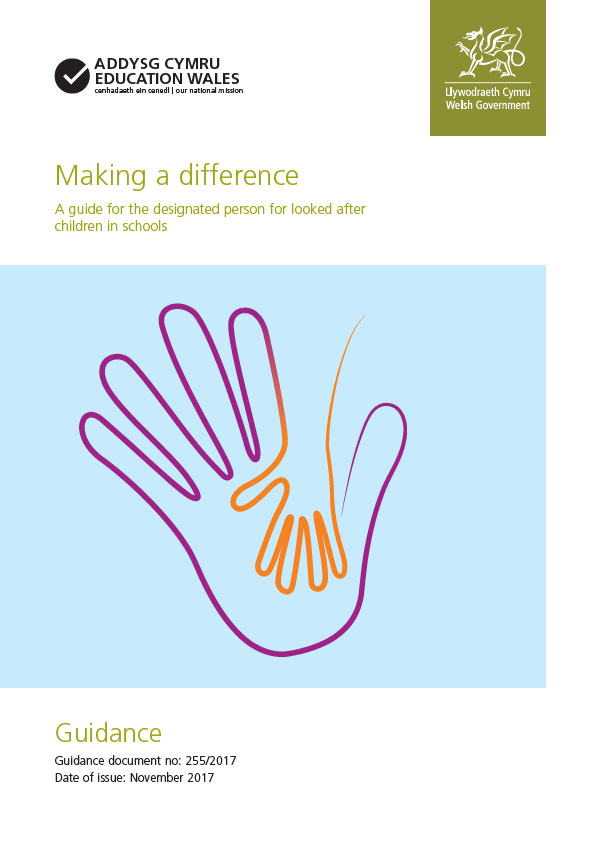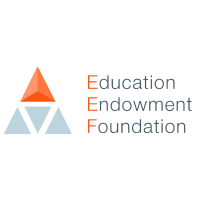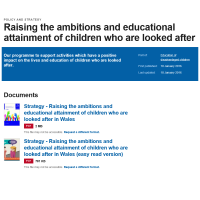Supporting Looked After Children via the PDG
National & Regional guidance on the implementation of the PDG [Pupil Development Grant] for educational establishments across North Wales:
RATIONALE:
This section aims to give an overview of the regional PDG in relation to Looked after Children (LAC) and formerly looked after children. The purpose of the additional funding is to make a lasting impact on outcomes for looked after children or formally looked after children. Overall administration and coordination of the grant resides with GwE, the Regional Education Consortia for North Wales.
This section will highlight the regional strategy, its approach and support by GwE and its relevance and impact on schools and settings. It will also signpost schools, settings and LAs to key strategic policies, guidance , information and evidence based successful practise with the aim of providing consistency in the implementation of the PDG and impact on learners achievements.
NATIONAL CONTEXT:
One of the key objectives in Our National Mission, Education in Wales, Action plan 2017–21 is to “raise standards, reduce the attainment gap and deliver an education system that is a source of national pride and confidence.” GwE is responsible for co-ordinating the PDG and completing a support plan annually to Welsh Government which reflects Welsh Government requirements and targets but also reflect regional and local need of looked after children.
Guidance for PDG from Welsh Government:
Looked after children (LAC) and former LAC who have been adopted from care or who are subject to a special guardianship or residence order aged 3-15.
Have guaranteed allocation levels for the next two financial years; and use Children In Need census for funding allocation.
“It will be possible for the regional consortia to develop and implement interventions which have a beneficial impact on all children, but the expectation is that they will have a greater potential benefit on children who are or were looked after.“
REGIONAL MODEL AND SUPPORT:
There are approximately 870 learners who are “looked after” in the GwE schools.
By definition, LAC pupils are children who are ‘looked after’ by a local authority under the Children Act 1989 and the Social Services and Wellbeing Act 2014.
There are many more ‘formally LAC’ pupils in our schools including adopted, those on Special Guardianship Orders, Residency Orders and Child Arrangement Orders.
The main priority for GwE is to support LA’s and schools to raise the educational attainments, achievements and engagement of LAC and formally LAC pupils
Whilst the majority of LAC attend local schools, there are a number of learners who are educated outside their home authority. In the main, the grant is applicable for those learners whose originating home authority is within the GwE region. However if educated in maintained settings outside of Wales the individual bursary could be applied for based on evidence and assessment via the LACE coordinator of the home authority.
GwE’s business plan in relation to the PDG of LAC has identified the following key objectives & outcomes:
-
Raising Attainment and Achievement.
-
Reduce Exclusions.
-
Target Early Intervention with a focus on transition across all the key stages.
-
Increase the knowledge and understanding of all school staff in trauma informed practice and attachment via a whole school approach.
-
Promote strong and inclusive schools committed to excellence, equity and well – being.
-
Develop and use appropriate diagnostic and tracking systems to look at the achievements of LAC pupils. Support a Person Centred approach. Promote, encourage and develop learner voice in all provisions. R9 – Develop family engagements with foster carers and families.
REGIONAL PDG GRANT:
In 2019/20 the grant will continue to be held centrally via the regional education consortia with the support of the regional LAC coordinator. Most of the funding will be implemented via the cluster model to build capacity and to provide bespoke interventions, both of which need to be based on evidence and impact. A small proportion of the grant can also be used to provide individual bursary’s for bespoke education needs of the learners. The grant application form will need to be completed for both elements of funding.
See copy of the PDG process/applications forms in the useful documentation section.
Key Roles in Supporting LAC:
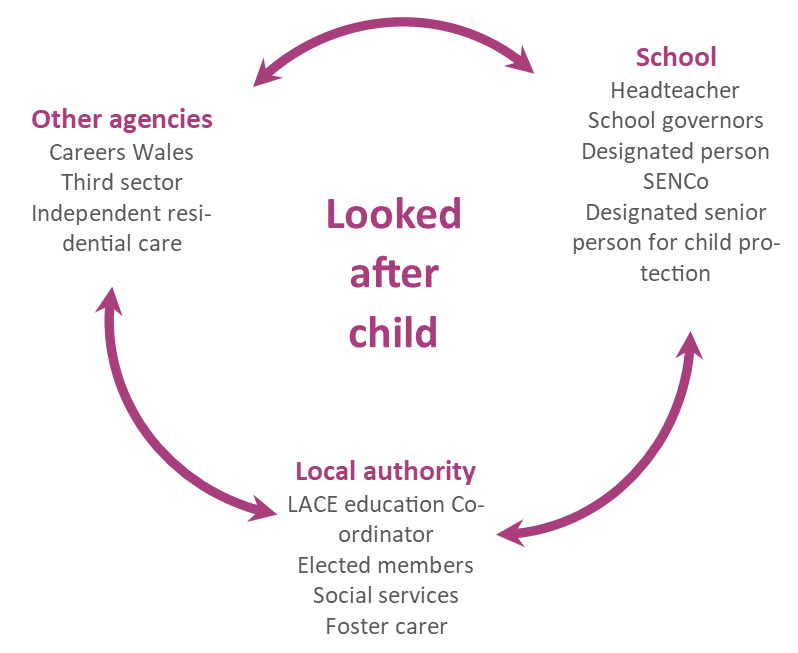
ROLE OF THE REGIONAL LAC COORDINATOR:
The Consortia’s LAC Regional Coordinator has overall responsibility for the LAC PDG support plan and represents the region on the national PDG steering group. The adviser will be the main point of contact for schools/LA on effective/ evidence based interventions for the PDG.
ROLE OF THE LACE COORDINATORS:
GwE works closely and collaboratively with each LA’s LAC Education Coordinator (LACE). The current named LACEs are;
| ESTABLISHMENT | CONTACT |
| GwE Kathryn Packer – Regional Lead Coordinator for Looked After Children |
kathrynpacker@gwegogledd.cymru |
| Gwynedd LA Gwern Ap Rhisiart |
GwernApRhisiart@gwynedd.llyw.cymru |
|
Anglesey LA |
HeulwenOwen@ynysmon.gov.uk |
| Conwy LA Hannah Morris |
Hannah.morris1@conwy.gov.uk |
| Denbighshire LA Kathryn Packer |
kathryn.packer@denbighshire.gov.uk |
| Flintshire LA Lisa Davies |
Lisa.j.davies@flintshire.gov.uk |
| Wrexham LA Chris Moore |
Chris.Moore@wrexham.gov.uk |
ROLE OF THE LINK SUPPORTING IMPROVEMENT ADVISER:
In GwE you can also contact you Supporting Improvement Advisers (SIAs) for further information and guidance on the strategies to support LAC/formerly LAC that has impact on overall achievement. They can also identify areas for support/development and ensure that interventions are put in place to address the needs.
ROLE OF THE DESIGNATED PERSON IN SCHOOL:
Schools are required to appoint a LAC Designated Person to coordinate support and champion LAC pupils to achieve their full educational potential. The statutory guidance “Making a difference” focuses primarily on the designated person role in primary, secondary and special schools. It also refers to the:
- Role of governors
- Role of the head teachers
- Role of teachers
- It relates to the duty of governing bodies of all maintained schools to appoint a designated person for looked after children on the school roll.
- Transition of looked after children and young people from pre-school to compulsory education and to further and higher education
See guidance in the useful documents section.
ACCOUNTABILITY AND EVIDENCE OF LAC PDG FUNDS:
In order to measure the impact of the strategy, GwE have developed a regional approach that engages individual schools/clusters to ensure that the progress of LAC pupils is tracked regularly and all intervention are evaluated and impact measured.
See copy of the PDG Evaluation Guidance/forms in the useful information section.
PDG SUCCESSFUL PRACTISE AND WHAT WORKS?
Over the last few years GwE have developed an evidence based programme of professional development for schools/settings/LA staff across the region. For the GwE professional offer you will need to book via G6.
Some of the programmes include:
See useful information shared with schools during LAC PDG workshops on successful practise.
USEFUL DOCUMENTATIONS LINKED TO LAC:
GwE DOCUMENTS:
Pupil Development Grant for Looked After and Former Looked After Learners [3-15] 2019-2020 Application Form
WELSH GOVERNMENT DOCUMENTATION:
A guide for schools on methods to improve learning for disadvantaged pupils. It includes details of the benefits and costs of each method.
Policy and strategy
Our programme to support activities which have a positive impact on the lives and education of children who are looked after.


